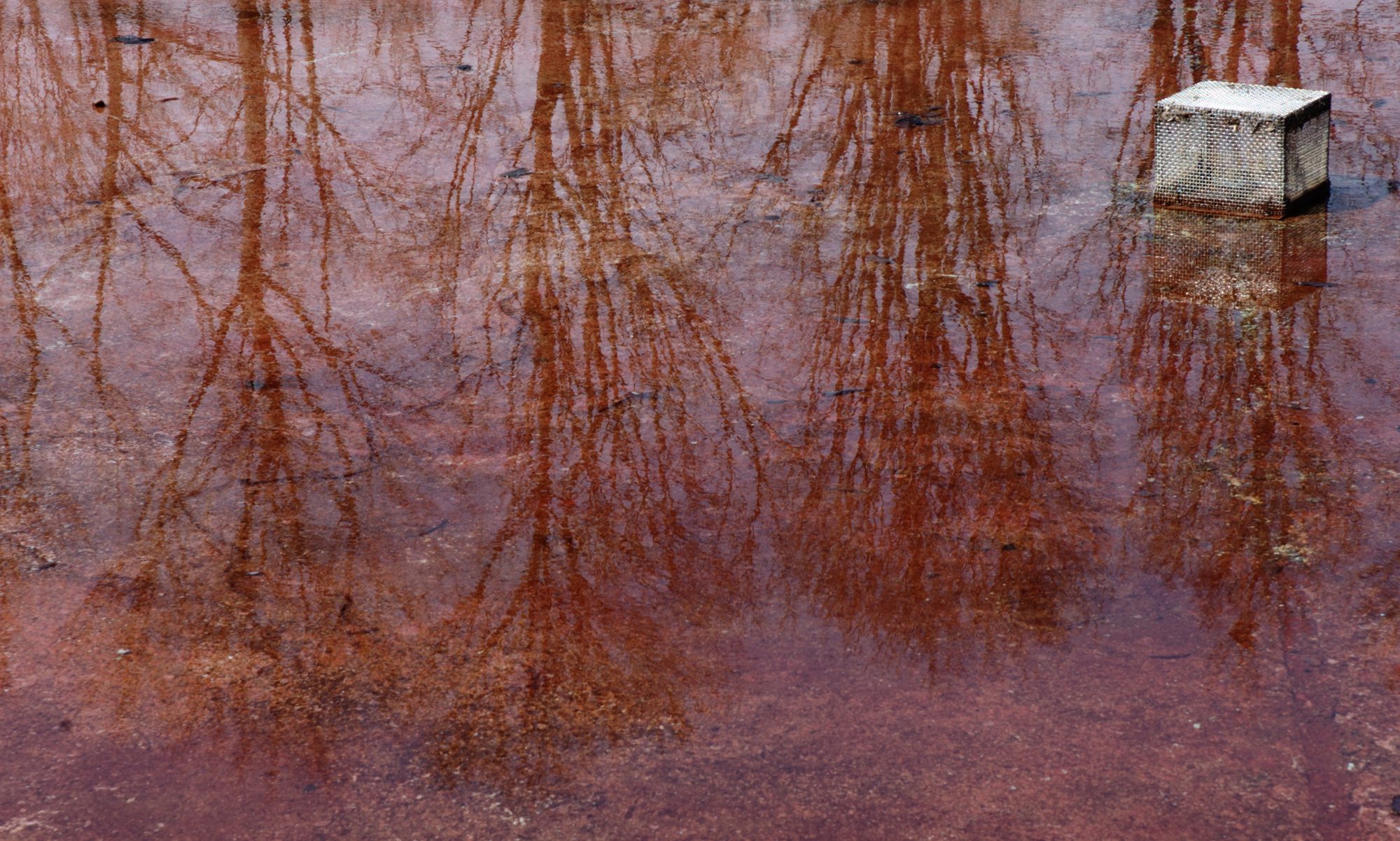As a therapist I’ve had the honour of sharing many a client’s experience during the COVID-19 pandemic gripping the world since early this year. It is one of those rare experiences in my profession where everyone — client, client’s friends/family, and therapist — are all in the same situation, facing the same invisible antagonist.
One thing which began to sink in for me, probably around August where most people, including myself, despite being able to enjoy the peak of summer and the freedom to leave our homes and workplaces, each day and each week seemed to be a repeat of the last one. At the worst of times it certainly felt this way to me: Groundhog Day without the humour or inevitable expectation that, whether we like it or not, credits will eventually roll. Even with the chaos of the American election and the clown shows of our respective provincial governments’ COVID preparations as distractions, it became clear to me that part of our misery was in the sense that time itself wasn’t moving despite us objectively knowing that it was. And while it might have seemed an interesting question to ponder theoretically back in August, now, in mid-November with the cold weather setting in and winter’s icy grasp not far from us, I think it’s important to share something: we have to make plans.
One thing I have both heard and repeatedly felt is that there is nothing to look forward to. Yes, there are a few vaccine candidates coming down the pipe, but I think it would be unwise for us to lull ourselves into believing that anyone who isn’t a frontline medical worker or resident of a long term care home is going to see a needle until at least next summer (please prove me wrong). Until then there is, in other words, no horizon line for us to align our sense of perspective, our direction. And so, to combat this sense that we are all floating in a timeless vacuum — and, most importantly, its ensuing depression and existential anxiety — I strongly recommend that we find ways to look forward to things, even if we have to search them out. This occurred to me when I’ve spoken with people who were moving, either because they were taking advantage of lower rent at another location, or just getting out of the city for better real estate options elsewhere. I found myself feeling jealous. I was jealous because I could see that for the next few weeks or months they could set their minds to the myriad of things-to-do and anticipate when you’re changing your place of primary residence: insurance, mail forwarding, organizing with a moving company, painting the kitchen, new mattress, reimagining the work/home space. They had, in other words, things both mentally substantial and hands-on practical to look forward to, which also happened to be novel and even open-ended (all the things you want to do before you move to a new location vs. all the things you actually have time to do). It didn’t need to be sexy, or even expensive. And I could see the relief that this presented for them.
So how can we transpose this upon our present moment, say, for the rest of us who don’t have the ability to make such a broad change in our lives? Here’s what I might suggest: look at your calendar and start to think of some thing or activity that will allow you to look forward, that you might feel engaged with, so that you can feel involved. I just received a Toronto District School Board guide in the mail, filled with online continuing education courses ranging from learning public speaking to cooking Afro-Cuban cuisine. Now, imagine enrolling in one of these courses and marking down six subsequent weeks’ worth of regularly-scheduled events where you get to look forward to learning something new — wouldn’t that add some structure to your seemingly structureless life? Books are flying off the shelves of many a book retailer — would a monthly online book club organized between you and some (carefully chosen) friends be a good idea? Maybe instead of shaking your fist at our hapless politicians on Twitter you could get involved in the organization and publicity of local community events, political or otherwise. Perhaps things like these would help us feel involved in a world where it’s hard to feel seen and heard because of all the sturm und drang around us.
I suppose what I’m suggesting is finding ways, big and small, to create a series of horizon lines for ourselves — individually and as a community — until the day comes when we will be able to safely walk out of our homes and see each other, and hold each other closely. I would like that as much as the next person, but until then I feel it’s important, from a mental health perspective, that we find ways to keep ourselves focused by finding (or creating) structure for ourselves.


